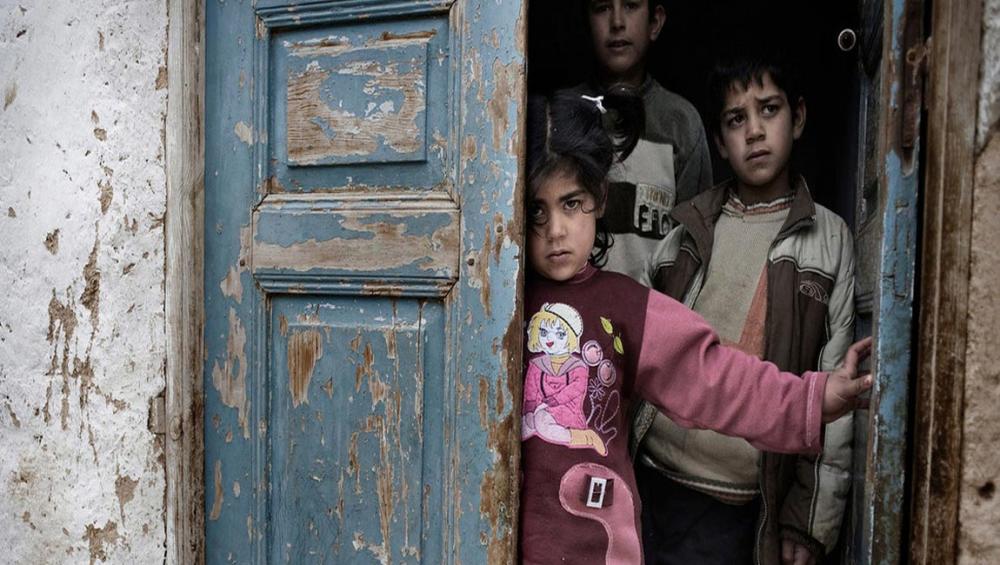Just Earth News | @JustEarthNews | 15 Dec 2018

UNICEF/NYHQ2012-0218/Romenzi
New York: Half of Syria’s children, that’s four million, have grown up only knowing a life of violence, as the war-battered country enters its eighth year of conflict, the United Nations Childrens Fund (UNICEF) said on Thursday.
“Every eight-year-old in Syria has been growing up amidst danger, destruction and death,” the agency’s Executive Director, Henrietta Fore, explained following a five-day visit to the country.
“These children need to be able to return to school, receive their vaccinations, and feel safe and protected. We need to be able to help them.” Four million children have been born in Syria since the conflict started, which has touched every single part of the country.
In Douma, East Ghouta, just where a Government siege came to an end in April after five years of bombardment, displaced families are returning to the town where the threat of unexploded ordinance is still widespread. Since May 2018, 26 children have reportedly been killed or injured by explosive remnants of war in this one pocket of the country alone.
In March, the UN declared 2017 the deadliest year for Syrian children, when a reported 910 died from the ongoing conflict. Verification of additional numbers continues, and this data may be “only the tip of the iceberg,” the Syria Monitoring and Reporting Mechanism has said.
Fore said that in Douma, people are raising their families “amidst the rubble, struggling for water, food and warmth in this winter weather.” Schools are overcrowded and lacking in supplies, she added, and the situation is creating a defensive and mistrustful mindset among children there.
“Since the conflict started, children and young people have become increasingly violent,” one 15-year-old said, who frequents a centre where young girls and boys learn how to stand up against gender-based violence.
“Bullying, harassment, beatings, early marriage—all these forms of violence increased. Children and young people see violence around them everywhere and view it as normal,” she said.
Some 100 kilometers south of Ghouta, in Dera’a City, displacement levels are especially high, and limited access is blocking replenishment of limited resources.
The city’s two main water stations were previously contested areas, causing frequent water shortages and a dependency on water trucks. To remedy the situation, UNICEF has helped lay a 16-kilometer pipe to facilitate safe water transport for some 200,000 people.
First-graders, aged 17
War damage has left at least 500 of the area’s schools in need of repair, and children are missing out on their education. UNICEF said that first-grade students can vary in age from six to 17 years old, and close to a third of students are dropping out of school nationwide.
Fore said establishing quality education to motivate children to go to school is needed, as this is “where the seeds of social cohesion are first planted.”
UNICEF has underscored that reaching children, wherever they are, and assisting with their immediate and future needs, remains a priority.
With access improving, UNICEF is scaling up its health, nutrition, and child protection support services. This includes aid to schools, implementation of learning programmes to get students who have missed years of education up to speed, teacher training, and sewage and water pipeline repair.
The children’s agency calls for the protection of Syrian children at all times and has renewed its call for unconditional access to hard-to-reach areas.
“Almost eight years since the conflict started, the needs are still great,” Fore said. “But the millions of children born during this war and growing up amidst the violence are ready: they want to learn. They want to play. They want to heal.”